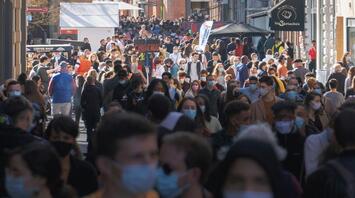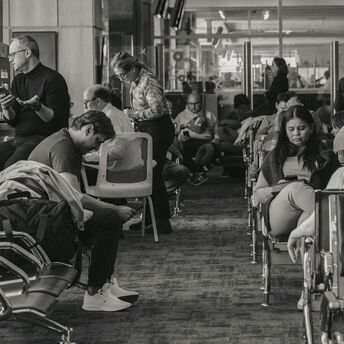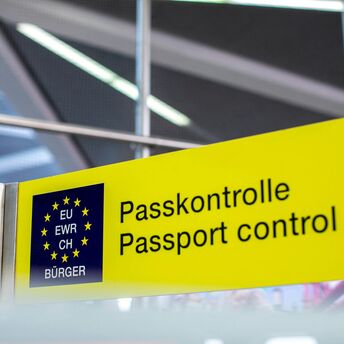Paris Olympics Could Spark Dengue Outbreak Amidst 10 Million UK Visitors

Amidst preparations for the Paris Olympics, concerns are mounting over the potential for a significant public health risk as millions of visitors are expected to descend upon France this summer. Mark Booth, a senior lecturer in Parasite Epidemiology at Newcastle University, has warned that the influx of approximately 10 million British tourists to France could inadvertently trigger a 'super-spreader event', facilitating the spread of a potentially deadly virus back to the UK.
The primary concern revolves around the spread of dengue fever, following localized outbreaks reported in Paris in 2023. These cases marked a northernmost spread of the disease attributed to local transmission, not imported from tropical regions typically associated with dengue outbreaks.
In a detailed analysis for The Conversation, Mark Booth highlighted the proactive measures undertaken by the French government, emphasizing extensive mosquito surveillance across Paris to detect Aedes mosquitoes capable of transmitting dengue.
While dengue itself cannot be spread from person to person but rather through infected mosquito bites, the sheer volume of visitors increases the likelihood of these tourists encountering Aedes mosquitoes. If bitten and subsequently infected, these individuals could unwittingly transport the virus back to the UK.
Mark Booth emphasized the adaptability and resilience of Aedes mosquitoes, particularly the tiger mosquito, well-suited to urban environments like Paris. These mosquitoes can lay eggs in minimal water sources, favor human blood, and survive dry conditions, posing a significant challenge for eradication efforts.
The imminent Paris Olympics further heighten concerns, with participants and spectators from over 200 countries converging in one location. Given that many of these countries are already grappling with dengue outbreaks, the potential for transmission escalates.
Booth cautioned that the conditions for a dengue outbreak during the Olympics are ripe: sufficient mosquitoes, susceptible individuals, infected carriers, and ample time for transmission through mosquito bites. He stressed that asymptomatic cases are common, meaning infected individuals may unknowingly spread the virus upon their return home.
In conclusion, Mark Booth underscored the Paris Olympics as a critical period for disease surveillance and prevention, urging vigilance among all participants and visitors. The risk of a dengue epidemic rests not only on the event itself but also on the subsequent global ramifications should infected individuals unwittingly seed outbreaks in their home countries.



















